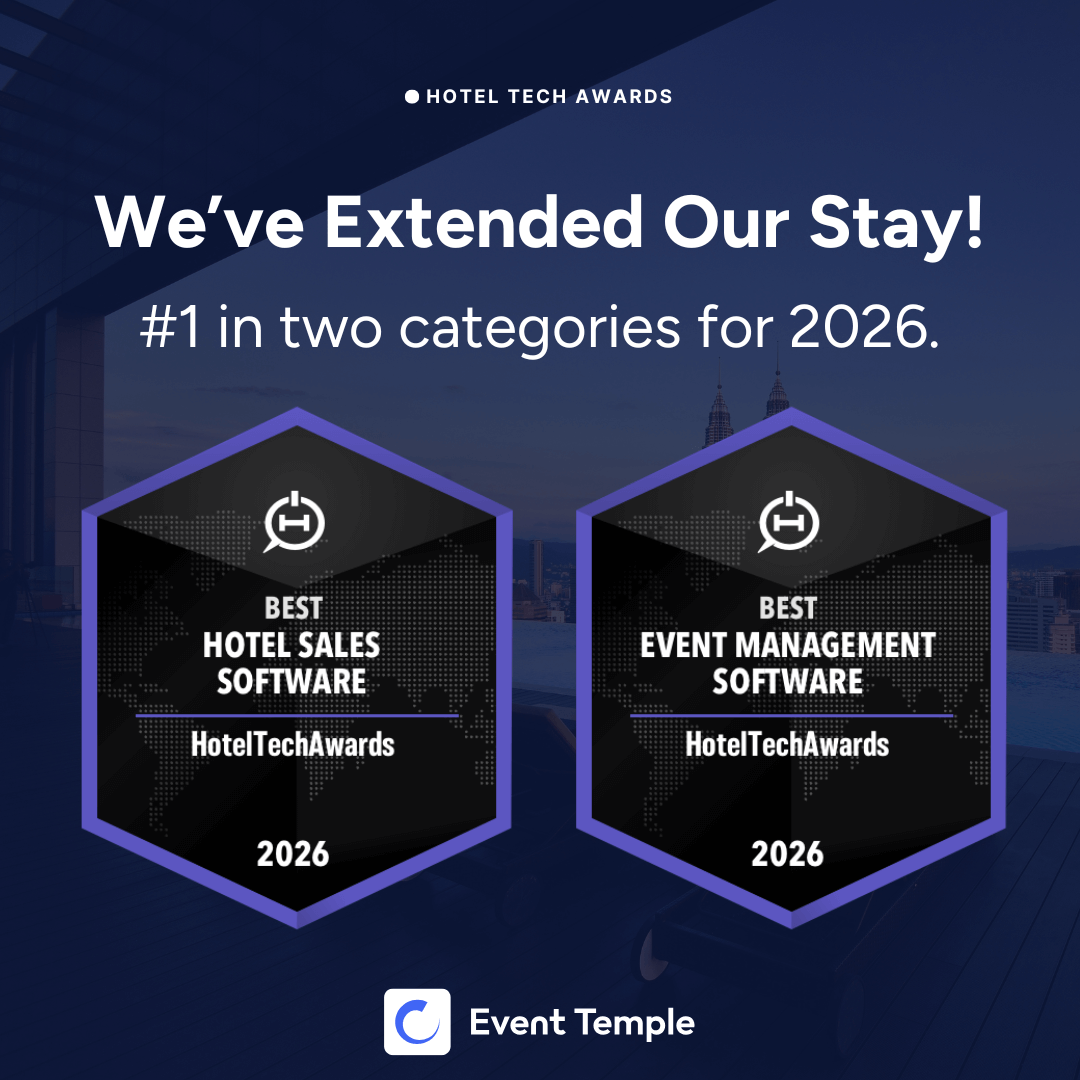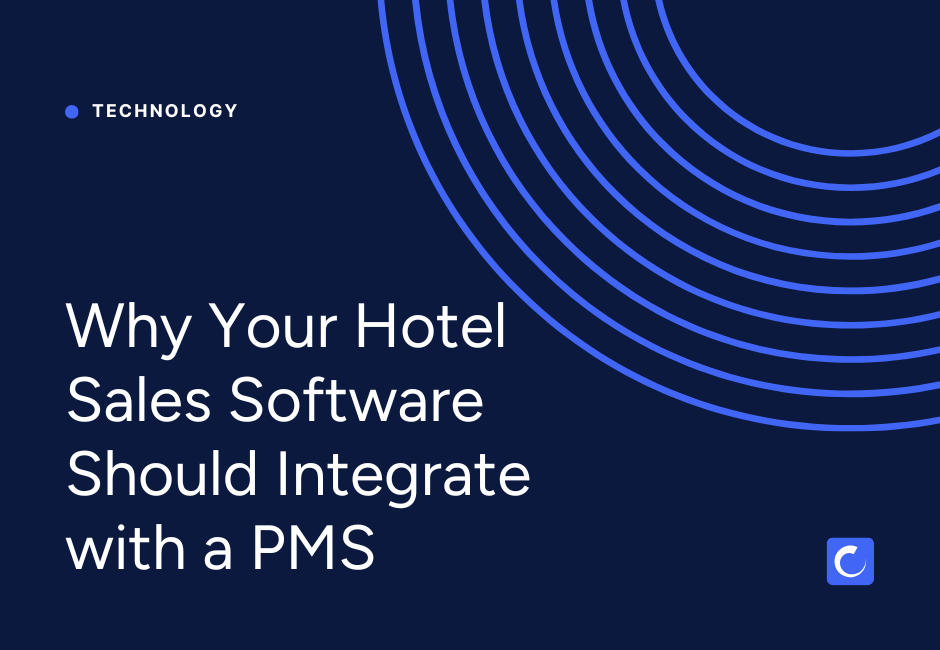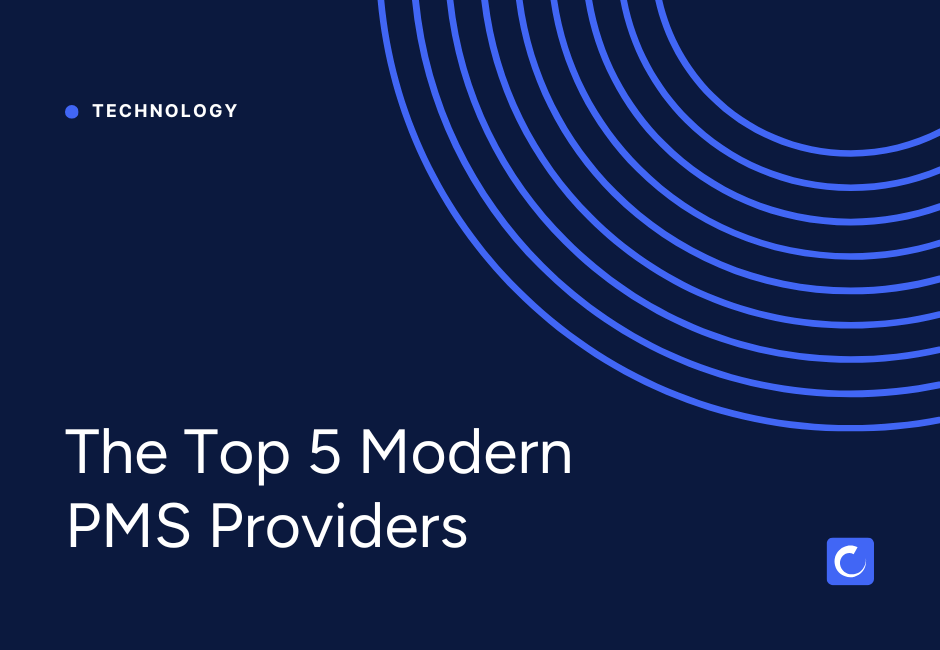
This is the fifth in our series on How to Improve Your Hotel’s Sales. To be the first to get Part 6 sign up here
In today's competitive hospitality landscape, your proposal often represents the only tangible piece of your hotel that decision-makers review before choosing a venue. When meeting planners receive a stack of similar-looking documents, yours needs to immediately convey understanding, value, and partnership potential—not just room rates and availability.
The difference between hotels that consistently win high-value group business and those that struggle isn't just about having better facilities or lower prices. It's about how effectively you communicate your unique value through compelling proposals that speak directly to your client's specific needs.
Why Your Hotel Needs More Than Just Rate Sheets
According to recent surveys, 72% of first responders win the business, but speed alone isn't enough. The real winners combine rapid response with strategic, value-focused proposals that demonstrate genuine understanding of the client's objectives.
Consider this sobering statistic: In the hospitality industry, RFP win rates are reported between 5-7%, significantly lower than the 44% average across all industries. This dramatic gap reveals a critical opportunity for hotels willing to elevate their proposal game beyond basic rate quotes.
The hotels that consistently outperform these averages understand a fundamental truth: A proposal is not a price list—it's a strategic marketing document that stays with your prospect throughout their decision-making process.
The Psychology Behind High-Converting Hotel Proposals
Start With Strategic Listening
Before you write a single word, you need to understand what your prospect truly values. Your proposal's executive summary should mirror their stated objectives, proving you listened during the discovery process. If they expressed concern about attendee engagement during your initial conversation, don't just list your AV capabilities—explain specifically how your interactive technology setup enables the dynamic sessions they're planning.
The Power of Visual Storytelling
Visual storytelling elevates proposals from documents to experiences. Instead of showing empty ballrooms, include photos of similar setups you've successfully executed. Create easy-to-read comparison tables that highlight value beyond price. When Event Temple's research shows that interactive elements like virtual tours and 360-degree photos significantly boost conversion rates, it becomes clear that static PDFs are no longer sufficient.
The Five Essential Components of a Winning Hotel Proposal
1. The Compelling Cover and Executive Summary
Your cover page is your first impression—make it count. Use high-quality imagery that reflects your brand and the specific type of event being planned. Follow with an executive summary that demonstrates you understand their business objectives, not just their logistical requirements.
2. Solution-Focused Content Structure
Present your offerings as solutions to specific challenges they mentioned, not just available services. Structure your proposal to address their priorities in order of importance:
- Primary Concern Resolution: Lead with how you solve their biggest challenge
- Value Demonstration: Show ROI beyond just competitive pricing
- Risk Mitigation: Address potential concerns proactively with contingency plans
- Partnership Evidence: Include relevant case studies and testimonials
3. Strategic Package Options
Instead of cluttering the body of the proposal, consider linking out to webpages and documents for additional information on your hotel's highlights. Always provide multiple package options to facilitate discussion rather than forcing binary decisions. According to Amadeus Hospitality's insights, using the power of comparison helps make it apparent how much better their event would be at your property.
4. Differentiation Through Unique Selling Points
In 2024, sustainability will be a priority for 90% of event planners, favoring eco-friendly practices in venues. Spotlight distinctive amenities and services that set your hotel apart:
- Sustainability initiatives and green meeting certifications
- Wellness amenities for attendee well-being
- Technology capabilities for hybrid events
- Local partnerships that create authentic experiences
- Flexible cancellation policies that reduce booking risk
5. Clear Next Steps and Easy Acceptance
Remove friction from the decision-making process. Include a clear timeline, transparent pricing with no hidden fees, and simple acceptance terms. Make it easy for them to say yes with digital signature capabilities and immediate confirmation processes.
Leveraging Technology to Scale Personalization
The Smart Proposal Revolution
Modern hotel sales teams are discovering that technology doesn't replace the personal touch—it amplifies it. Solutions like Event Temple's Smart Proposals enable sales teams to create highly personalized, visually stunning proposals in a fraction of the traditional time.
The data speaks volumes: Teams that use software have an average 45% proposal win rate, compared to 41% for teams without software. This 4-percentage point difference might seem small, but when applied to annual revenue, it represents millions in additional bookings for most hotels.
Building a Content Library for Speed and Consistency
Create a robust library of pre-approved content blocks that can be quickly customized for each prospect:
- Event Type Templates: Corporate meetings, social events, association conferences
- Seasonal Packages: Highlight time-sensitive opportunities
- Success Stories: Categorized by industry and event type
- Visual Assets: Professional photos organized by setup style and capacity
The Follow-Up Formula That Closes Deals
Timing Is Everything
We've seen at Cendyn that first responders win 70% of the business. But being first isn't just about speed—it's about being first with value. Your initial response should acknowledge receipt, confirm understanding of their needs, and provide a specific timeline for your detailed proposal.
Multi-Touch Engagement Strategy
After sending your proposal:
- 24 Hours: Follow up with a personalized video walking through key elements
- 3 Days: Share a relevant success story from a similar event
- 1 Week: Offer a virtual or in-person site tour
- 2 Weeks: Present a limited-time value-add incentive
Measuring and Optimizing Your Proposal Performance
Key Metrics to Track
Monitor these essential performance indicators:
- Response Time: Aim for initial response within 2 hours
- Proposal Win Rate: Track by event type, size, and season
- Time to Decision: Identify patterns in buying cycles
- Lost Business Reasons: Categorize to identify improvement areas
- Proposal View Time: Use digital tracking to see engagement levels
According to Knowland's research, hotels should add all RFPs to their sales and catering system (not just those they think they can win) to better understand volumes and accurate close rates.
Continuous Improvement Through Feedback
Implement a systematic approach to gathering and acting on feedback:
- Win Analysis: Interview successful clients about what influenced their decision
- Loss Analysis: Respectfully request feedback on why you weren't selected
- Internal Debriefs: Review each proposal cycle with your team
- Competitive Intelligence: Study successful proposals in your market
Creating Value Beyond Discounting
The Psychology of Value Perception
Instead of leading with discounts, build value through:
- Exclusive Experiences: Partner with local attractions for unique offerings
- Productivity Enhancements: Quantify how your services save planning time
- Risk Reduction: Highlight your contingency planning and flexibility
- Success Metrics: Show how you measure and ensure event success
Bundling for Perceived Value
Create packages that increase perceived value without reducing ADR:
- Include complimentary planning services
- Offer upgraded F&B options at group rates
- Bundle technology services that would typically be add-ons
- Provide post-event analytics and reporting
The Technology Advantage: Why Manual Processes Are Holding You Back
Hotels using modern proposal software see dramatic improvements in both efficiency and effectiveness. Recent statistics show that teams using RFP software submit 46% more responses annually while maintaining higher win rates.
Integration Is Key
Your proposal system should seamlessly integrate with:
- Your CRM: Pull client history and preferences automatically
- Revenue Management: Ensure pricing alignment and availability
- Event Management: Connect proposals to operational execution
- Marketing Automation: Trigger follow-up sequences automatically
Taking Action: Your Next Steps to Proposal Excellence
Transforming your hotel's proposal process doesn't happen overnight, but you can start making impactful changes today:
- Audit Your Current Process: How long does it take to create a proposal? What's your current win rate?
- Identify Quick Wins: Update your proposal template, create a photo library, develop modular content blocks
- Invest in Training: Ensure your team understands consultative selling and value creation
- Explore Technology Solutions: Evaluate platforms like Event Temple's Smart Proposals that can accelerate your transformation
- Measure and Iterate: Track your metrics, gather feedback, and continuously refine your approach
Conclusion: From Commodity to Partner
The difference between hotels that win on price and those that win on value lies in how effectively they communicate their unique story through proposals. In an industry where 46% of venue selection decisions are influenced by response speed and quality, your proposal process directly impacts your bottom line.
By focusing on understanding client needs, leveraging visual storytelling, highlighting unique value propositions, and utilizing technology to scale personalization, you can transform your proposals from forgettable documents into powerful sales tools that convert prospects into partners.
Remember: Your proposal is often the only tangible representation of your hotel that stakeholders review. Make it count. Start implementing these strategies today, and watch your win rates—and your RevPAR—rise above industry averages.
Ready to revolutionize your hotel's proposal process? Discover how Event Temple's Smart Proposals can help you create stunning, personalized proposals in minutes, not hours. Because in today's competitive market, the hotels that win aren't just selling space—they're selling solutions, experiences, and partnerships that drive mutual success.



